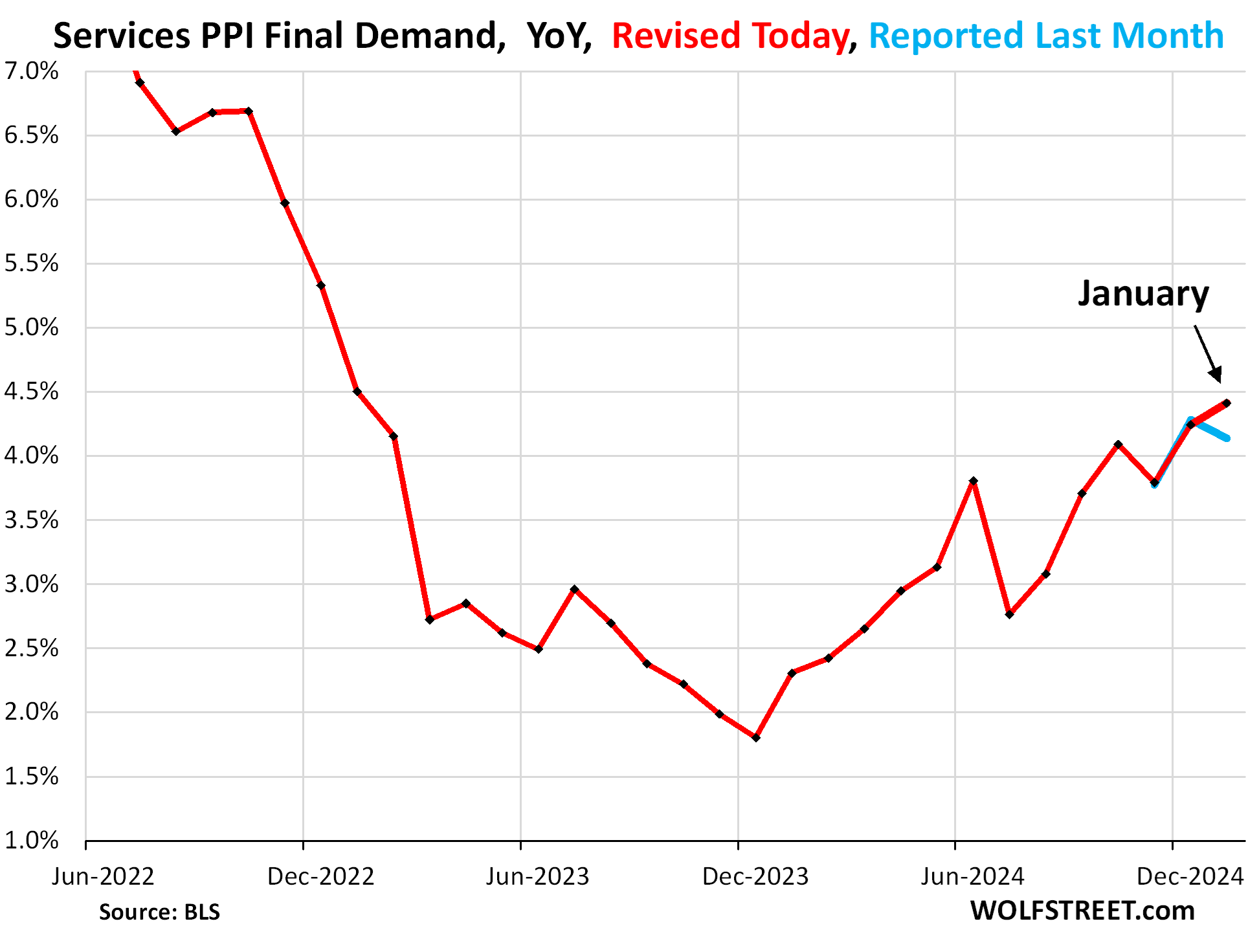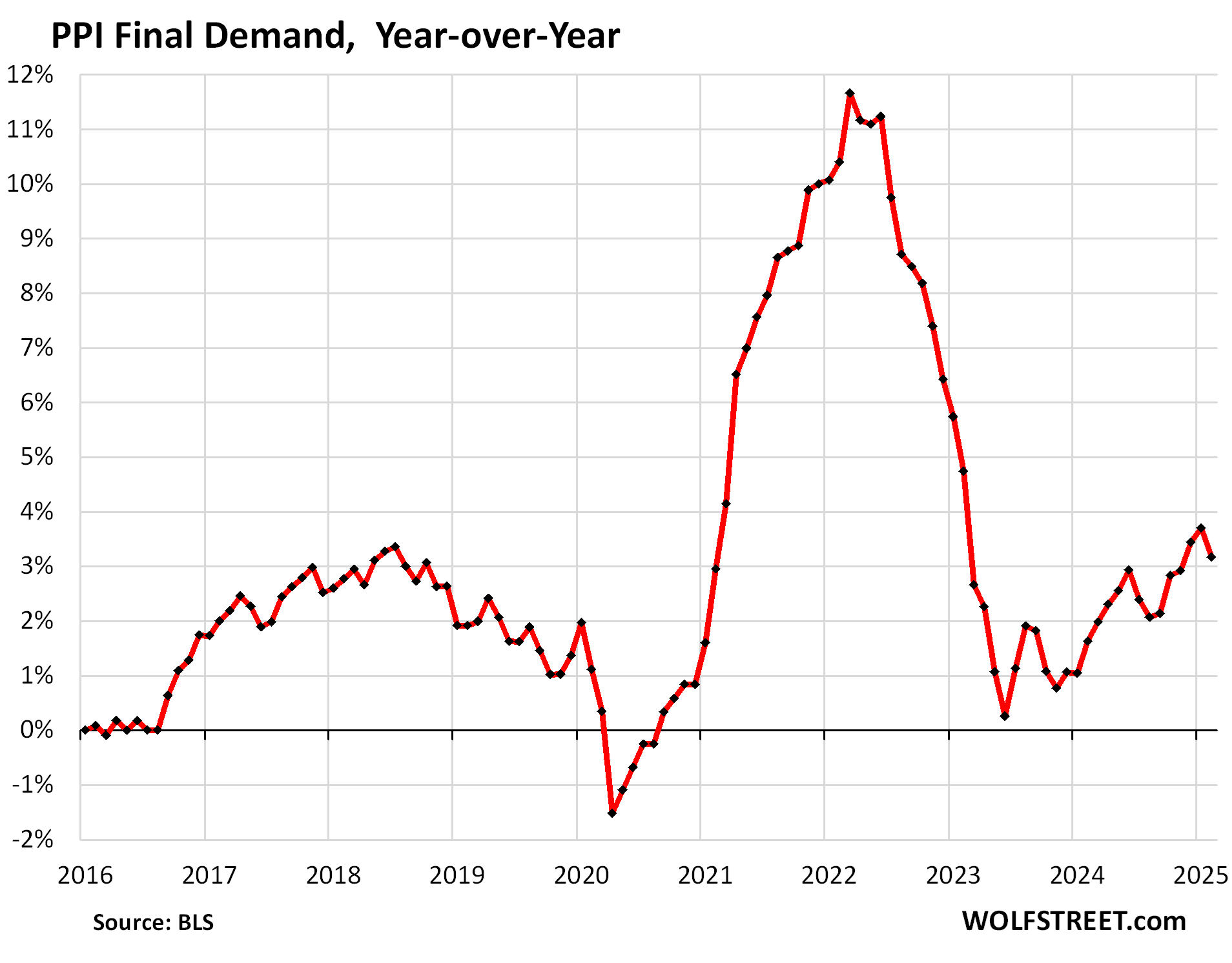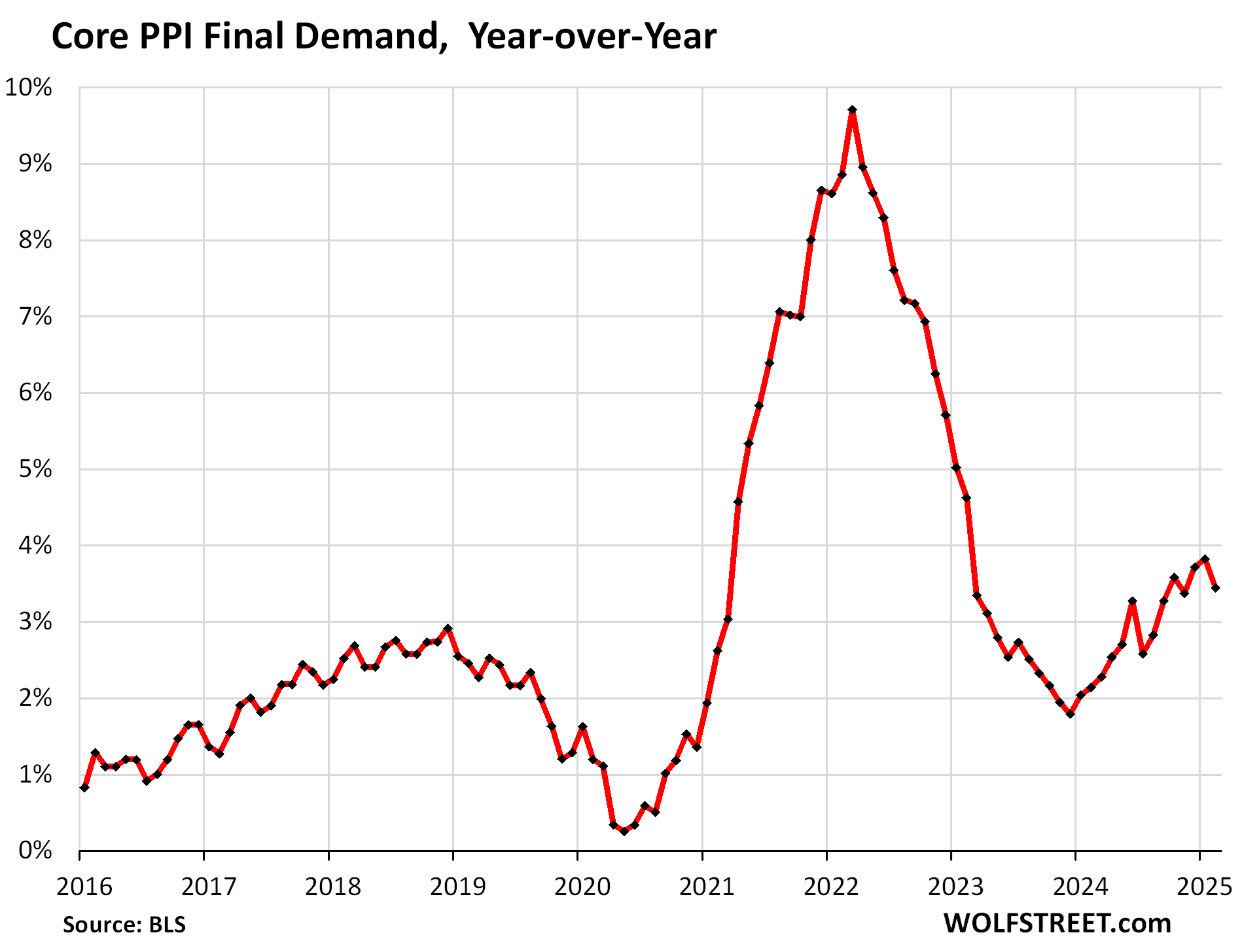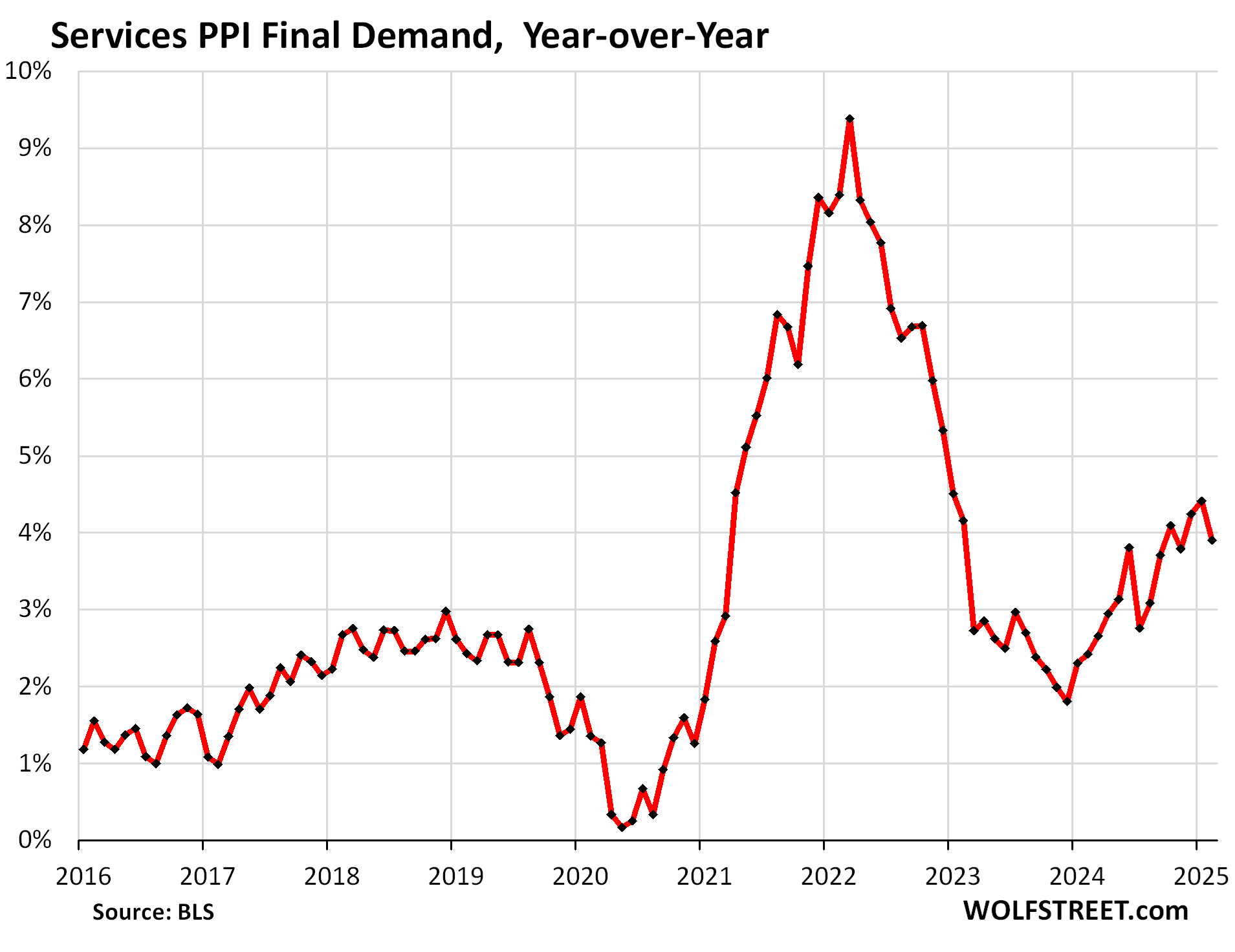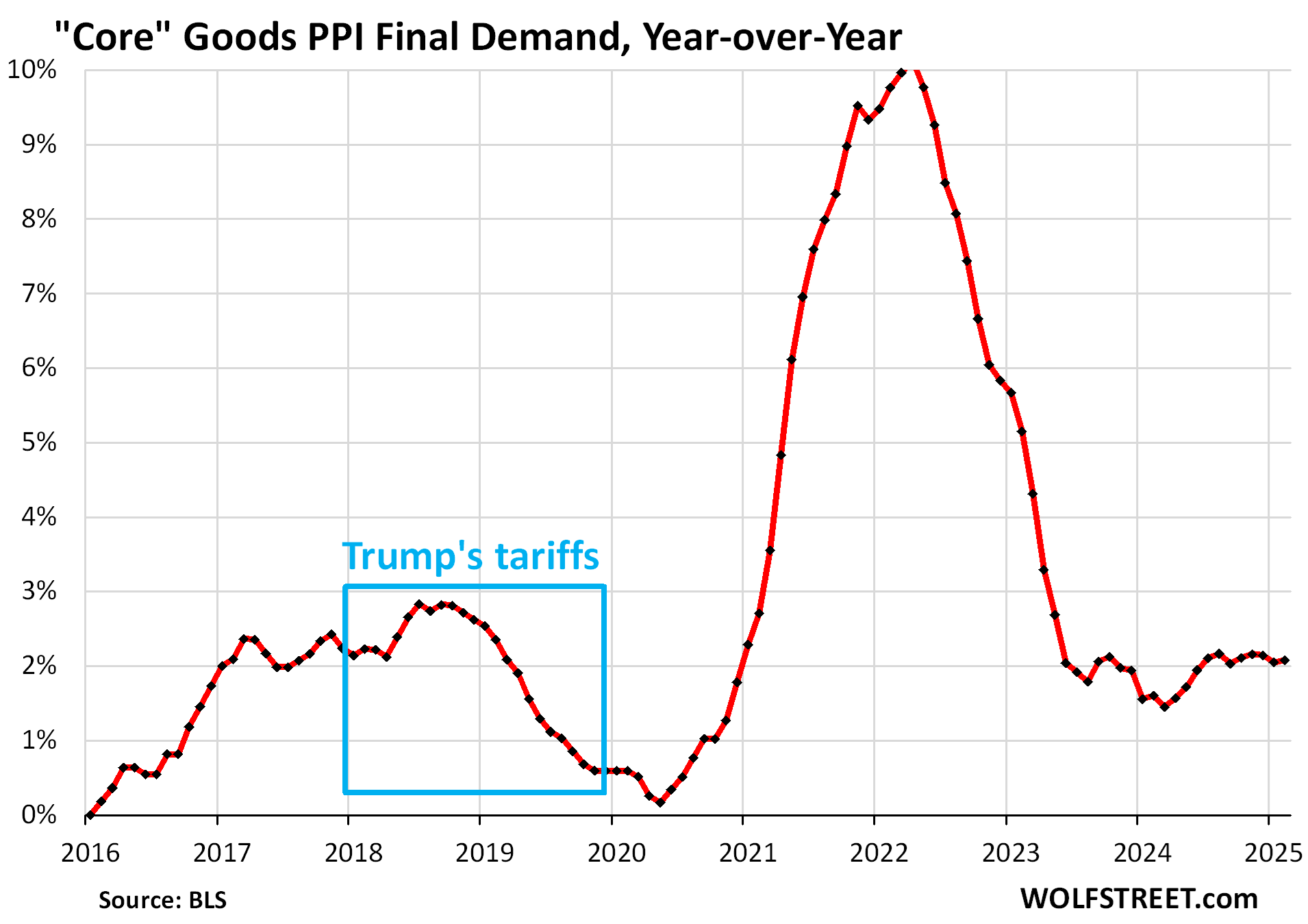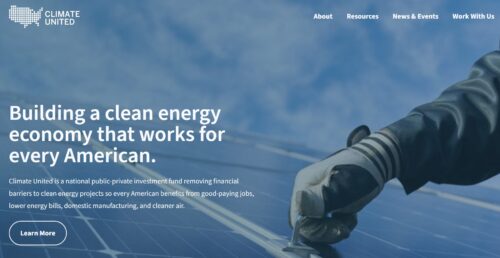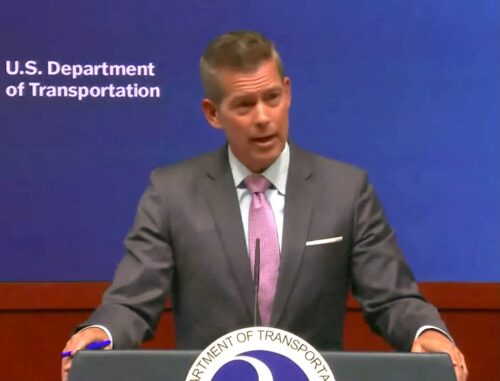The U.S. government’s budget deficit in 2024 was $1.8 trillion, which pushed the country’s overall debt to some $36 trillion. Some financial analysts suggest a debt load of that size simply isn’t sustainable, especially given the Trump administration’s legislative priority of making current tax cuts permanent and increasing spending on immigration enforcement—measures that would increase the deficit further.
What makes U.S. debt sustainable? Do international tensions increase the riskiness of U.S. debt? What would happen if the United States had a full-on debt crisis?
Those are just a few of the questions that came up in my recent conversation with FP economics columnist Adam Tooze on the podcast we co-host, Ones and Tooze. What follows is an excerpt, edited for length and clarity. For the full conversation, look for Ones and Tooze wherever you get your podcasts. And check out Adam’s Substack newsletter.
Cameron Abadi: How do investors evaluate whether U.S. debts can be paid back fully or sustainably in any way?
Adam Tooze: The crucial distinction we need to make in thinking about debt is the distinction between private debt and public debt. And public debt in a fiat money system, like the one that we’ve all been living in for more than half a century, since the early 1970s, will always be paid back. Why? Because it’s denominated in dollars, and there is no limit on the ability of the monetary authorities to print and issue dollars for the repayment of debt, first and foremost. That’s what they’re for, arguably, other than prudence. So that’s the only constraint. In a legal, technical sense, these debts will always be paid. You don’t want to do that by, you know, printing a giant lottery-winner check that says $27 trillion or whatever and handing that out—because it would destabilize the faith and credit and the stability of the entire financial system.
But on the other hand, neither do you want to fully repay the debt. The very idea of asking the question—could the federal government debt be repaid—should be anathema to any sensible person. Why? Because public debt is fundamentally unlike private debt regarding the question of what repaying it would mean. It’s not just that it can always be repaid, because unlike a private debt, the public, the state, is in fact the issuer of the currency in which it’s repaid. But it’s also the function of debt in a public context. Because states don’t have finite lifetimes. So each individual obligation—say we’re talking about $5 billion worth of 10-year debt issued by the Treasury in early 2025—if you ask how in 2035, 10 years from now, we’re going to repay that 10-year Treasury, the most obvious answer is we’re going to issue a new 10-year Treasury in 2035 for $5 billion or whatever it is we need to repay.
And you could say, well, hang on, that means we’re continuously kicking the can forward. But yes, that is exactly what we’re going to do. Why? Because in the same way as the American government now has an unlimited time horizon in relation to the 10-year debt it issues, now, it’d still have an unlimited time horizon in relation to the 10-year debt it issues in 2035, because we don’t get closer to infinity in 10 years’ time, right? There’s still this infinite time horizon. Furthermore, what we know pretty much for sure is that there will be some measure, perhaps not the identical level of measure, but nevertheless some measure of demand for that debt when we issue it. Why? Because what public debt serves as is not a particular gamble by a particular business on its credit worthiness, but essentially as the dumping ground for our collective savings. And there are people now who want to save for 10 years and put it in a very safe asset that pays interest, and then we’ll repay them in 10 years’ time, which is where the demand for the 10-year, you know, $5 billion issuance right now comes from.
And we know for certain, as long as the American economy goes on and there are savers, in 10 years’ time there will be people who also want to make that deal. The question is, will they want to make that deal on the same terms as right now? And that’s the question. And assuming that we don’t engage in ridiculously imprudent behavior—and the Trump administration and the Republicans are, after all, just doing Republican tax-and-spend, you know, or rather just spend-and-don’t-tax policy like they’ve done repeatedly since the Reagan era—we do expect the American economy to still be there in 10 years’ time. We do expect investors to be there, and they will soak up and absorb this debt. And the Congressional Budget Office forecasts are that, as a result of these actions, the debt level will rise from 100 percent of GDP for debt held in the private sector to 120 percent of GDP for debt held in the private sector. And that’s a manageable number. And so we will expect people to be coming back.
And that’s the way this will be rolled forward, we all hope, for eternity, because if we were to take this public debt offering away, folks that wanted to save money safely for 10 years would have to stick it in private debt. And even if Nvidia or Apple are brilliant companies and they can borrow on terms which are very little different from the American government, they are, after all, still gambles on the fact that iPhones will be attractive in 10 years’ time, or the particular brand of AI chips that Nvidia produces will be world-beating. Whereas you could just invest your money in the prospect that there will be an American state, an American government, and a GDP, which even the GOP at some level will be willing to tax in some form. And so obviously the latter, the government debt mechanism, is a much safer, collective way of handling the intergenerational transfer or the intertemporal transfer of wealth that’s necessary for everyone to engage in long-range planning for their retirement and so on.
CA: How could geopolitics affect the calculations made in debt markets? Would the holders of U.S. debt have to factor in the possibility that the United States might choose, for political reasons, not to acknowledge the debts held by countries, say, like China?
AT: That scenario that you’re outlining is really a novel one in the conversation about U.S. public debt. I mean, it’s a logical possibility. It’s a selective default on your foreign creditors. It’s the sort of thing that governments only normally consider doing under truly desperate circumstances, or if you’re actually imposing sanctions on somebody. So to some extent, the freezing of Russian assets in the bank accounts of the European financial system is that, right? Because every Russian deposit is effectively a Russian claim. And so when you sanction those and prevent the Russians from pulling the money out, you’re effectively voiding a debt obligation that you have to them. So that’s the circumstances under which you might be able to do this. The consequences for your creditworthiness longer term are disastrous, right? No one will subsequently lend to you.
So the much more common speculation is the other way around. The much more common speculation, which was commonplace of the early 2000s as China’s holdings against the United States began to build up, was that you’d have a sudden stop by the creditors to the borrower. In other words, the Chinese would stop lending money to the Americans and might attempt to offload their existing claims, because there’s always a market for U.S. Treasurys, and crash the U.S. Treasury market. And we believe the Kremlin actually recommended this to Beijing in early 2008. And again, to kind of throw cold water on an overdramatic scenario, Beijing took one look at this and said, “No, that’s crazy, we won’t do that.” Instead, they stayed in very close touch with the Americans. It’s not just that there’s this Treasury advisory committee, but there’s also government-to-government contact on these kinds of issues. And they negotiated a shift of the Chinese holdings of government or quasi-government debt out of the most exposed parts of the U.S. financial system that were most exposed to the mortgage crisis and into the safer part. And that’s as far as Chinese measures went.
There’s another, however, politics to this, which speaks to the underlying gist of your question, which is that having done that, the Chinese public woke up and said, “What the hell are we doing? Why are we lending money to the Americans? This doesn’t make any sense. Why are we subsidizing their threatening behavior toward us and their efforts to resist the rise of China?” So patriotic opinion in China said, you know, “We should stop doing this.” So one of the things we’ve seen in China, and one of the reasons why China’s declared figures for U.S. public debt have fallen is that it doesn’t look very good for the Chinese official agencies to be accumulating more claims on the U.S. What we think has happened is that they shifted those claims to other bits of the Chinese financial system.
And so then you might ask yourself, “Well, hang on, so you’re telling me that they are going on accumulating claims on the United States, despite the fact that they couldn’t use them as a tool of power against America in 2008, like Russia recommended, and they’re bad politics in China now, because the Chinese public doesn’t like to see Chinese support for America in this form?” And the answer is, of course, that these claims against America, a little bit like the argument about the difference between public and private debt, are not just free-standing financial obligations. They’re the flip side of the underlying pattern of trade. And so long as China has a state-managed balance of payments and a large trade surplus with the United States, it’s going to accumulate claims against America. That’s what the trade surplus means. I give you great Chinese stuff and you give me claims. You give me promises to pay at some point in the future. And you don’t just hold those as IOUs. The main IOU you hold is U.S. Treasurys. That’s why you have to pile them up.
So as long as China, as long as Germany, as long as anyone goes on running a trade surplus with the United States, they, in one form or another, have to accumulate net financial claims against the U.S. And so long as the Chinese are not willing to adjust their economic policies to reduce that imbalance, the reserve accumulation goes on, and your only option is really to hide it in various forms.
CA: What would it look like if America, as the largest economy in the world, really went through a real debt crisis? Would it be analogous to the other kinds of debt crises that we’ve seen from other countries in the recent past?
AT: So this is not a hypothetical. It happened on our watch, during COVID in the spring of 2020. In February and March 2020, we saw a run on the Treasury market. And it’s an ongoing discussion exactly what triggered it. But the two key players were foreign reserve holders that needed, because their economies were shocked by COVID like the American economy, to get at dollars quickly. Everyone wanted cash, and so they liquidated, they smashed their piggy banks in the U.S. and tried to sell their Treasurys. And that then either triggered or was helped to be precipitated by an unwinding of a bunch of hedge fund trades. And so you got that toxic interaction between normally placid, slow-moving reserve holders and highly prized sensitive hedge fund holders of Treasurys. And we saw epic movements in Treasurys.
I’ll never forget talking to a financial manager from Singapore who described to me the shock of spending a day in Singapore trying to unload a portfolio of a couple of billion dollars of U.S. Treasurys—which are normally just like having a bank account, they’re the same as dollars, you can sell them in a matter of seconds for $2 billion—and not being able to unload them all day long. And he described coming down out of the skyscraper he was in as looking up at the building and going, “Well, if my Treasurys don’t have a price today, what is that building worth? If I can’t sell that Treasury—something that is supposed to be the same as dollars—what is this building worth?” And then looking around at the rest of Singapore and going, “I don’t know what any of this is worth, if a U.S. Treasury is not the same as a dollar.”
That’s how fundamental this was, and this is how shocking this was, which is why I ended up writing that book Shutdown about it because it’s a financial shock bigger than the 2008 banking crisis, because that was about private claims. That was about private mortgages, private securities. What we saw in the spring of 2020 was a crisis in the public debt market of the United States. But because it was in the public debt market of the United States, there was also an immediate and quick fix. So quick, so immediate that most people don’t even know this happened, which is that, as we were saying at the top, public debt is not the same as other types of debt. It is the same as the currency. It’s just another form. It’s a less liquid form of the kind of liabilities issued by the government.
And so how do you fix this? The Fed steps in. The Fed just simply started buying these, and it started answering the dude in Singapore’s question, what is the Treasury worth? The Fed said it’s worth exactly what it says on the tin. If that says $100, here’s $100. For several weeks, they were buying over $85 billion worth of U.S. Treasurys a day. That is like 2008 quantitative easing 30x, right? Because that’s the kind of numbers that [former Federal Reserve chair Ben] Bernanke was buying per month in 2008. They were doing it every single day. They bought a huge slice of the Treasury market, just took it out of private hands and said, you know what? It’s worth exactly what it says on the thing. Don’t, don’t, don’t look down. This is not a Wile E. Coyote movement. We are not out over the precipice. You’re firmly on land here. If you just put your feet down, you’ll discover it’s worth exactly what we told you it was worth.
And that’s how you end a crisis in the U.S. debt market, right? So we know how that works. Now, what we haven’t experienced so far is a comprehensive run by American holders of debt on the American debt market. So what we saw was this interaction between the people in the Cayman Islands and the reserve holders abroad. It didn’t spread to the entire foundations of the U.S. financial system because the Fed didn’t let it. Like, you know, if that guy in Singapore was having that thought, what you really don’t want is the people in New Jersey having that thought. So that is what the Fed stepped in to stabilize and prevent from happening.
And I mean, I’ve been looking around prompted by your questions, but this is everyone’s question. Like, could there be rumblings in the Treasury market loud enough to actually sort of shake sense into the Trump administration? Is a big liberal hammer going to come down on the Trump administration and say, “Enough with the crazy”? Is there going to be a financial market voice that will say, “Well, you can do these sorts of things but not those,” and kind of constrain this? A little bit like the kind of threat potential that curbed the Clinton administration in the early 1990s, or left-wing governments around the world have faced. They are much more vulnerable because their currencies aren’t the dollar and their central banks aren’t the Fed.
The test of the Trump administration is what happens if this shaking happens at the very heart of the system, and there really isn’t anything to suggest so far, at least, that we’re going to see that kind of crunch. What we are seeing is an uncomfortably high level of interest rates, right? So when [Donald] Trump was in office the first time around, when they did the tax cuts the first time around, the interest rate was 2 percent, 2.3 percent on 10-year Treasurys, and now it’s closer to 4.3 percent. And that’s the difference that they may be faced with. And the worst case is that could edge up, you know, it could go over 5 [percent]. All of a sudden, then everything in the private sector would be more expensive in terms of credit costs. And the U.S. Treasury would face much bigger interest rate bills. That would be the way, I think, we would imagine the pressure being exercised.




